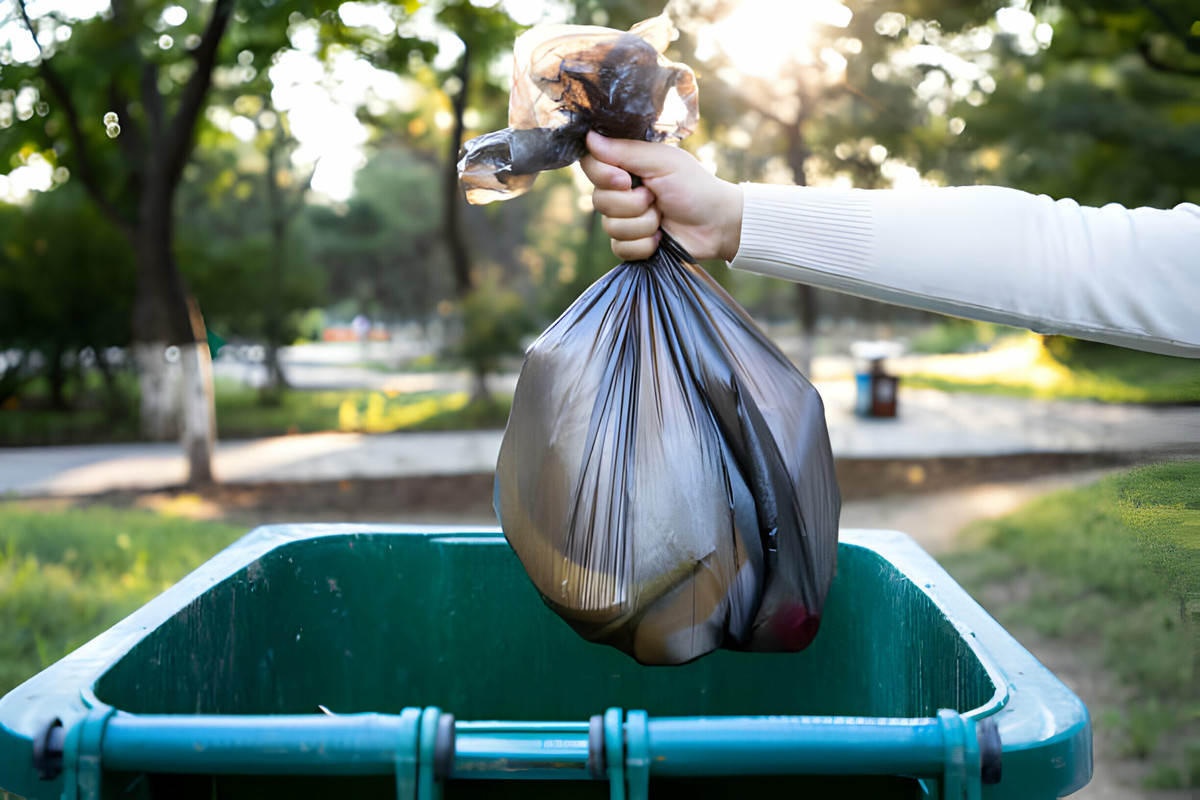
Is there anything more enriching than stepping into your garden, inhaling the fresh fragrance of flowers, and feeling a sweet symphony of tranquillity take over your senses? For lovers of nature and aesthetics alike, maintaining a healthy garden can become a fulfilling journey beyond just merely a hobby. But how can you transform a dull space into verdant vitality? What if your thumbs are more charcoal than green? Not to worry, this blog post is designed to guide you through the fascinating terrain of gardening, decoding the secrets of rich soils and vibrant flora.
In this guide, I'll unravel essential gardening tips straight from the greenskeepers who have their hands full of dirt and hearts full of love for the plant world. Whether you're an experienced gardener looking to further elevate your sanctuary, or a newbie just starting to dabble in the art of nurturing flora, this post is sure to offer something valuable.
Understanding Your Plot - The Foundation of a Healthy Garden
Before you even plant the first seed, it's imperative to understand your garden space intimately. Like how an interior designer maps furniture and decoration to fit a room based on its size, shape, and light availability, you too need to customize your approach. Each garden has its own unique rhythm, dictated by factors like sunlight, soil type, and drainage.
Soil is the lifeblood of your garden. Does your garden have sandy soil, clay soil or loamy soil? Each of these types plays a pivotal role in determining what kinds of plants your garden can support. Similarly, understanding the amount of sunlight your garden gets will help decide which plants will thrive in your space.
Choosing Your Plants Wisely
A healthy garden isn't just about a green space with random plants strewn across it. It’s about crafting a distinctive blend of aesthetics and ecology. What color palette do you want to bring to life? What fragrances call out to you? Moreover, priority should be given to plants that naturally thrive in your area.
In selecting plants that suit your climate and soil, it's a win-win strategy. Not only will the plants blossom and thrive, but you'll also minimize the need for additional resources or interventions to help them survive.
The Art of Watering
The essence of maintaining a healthy garden lies in mastering the art of watering. Too much, and you risk drowning your plants; too little, and they can dehydrate. Understanding each plant’s individual water needs is non-negotiable.
Develop a watering routine based on the weather and the needs of your plants. This is where patience and observation play a crucial role. Being sensitive to the symptoms of both under and overwatering will ultimately make you a proficient gardener.
Fortifying Your Garden - Mulching and Fertilizing
Mulching and fertilizing your garden are pivotal for healthy plants. These techniques help enrich the soil with essential nutrients and conserve soil moisture – creating an ideal environment for plant growth. In addition, mulch serves as a protective blanket for your plant's roots, shielding them from extreme weather conditions.
The Pruning Practice
While it may seem counterintuitive, regular, and careful pruning is a great practice not only to keep your garden tidy but also to enhance plant health and development. Pruning removes dead or diseased parts, allowing the plants to concentrate their energy on new growth.
Being a Friend to Birds and Bees
Encouraging mosquitoes and aphids to your garden may not be top on your list, but in the grand scheme of things, they play an important part in your garden's biodiversity. Larger creatures like birds serve a dual role: they add life to your garden and partake in pest control.
Conclusion:
Gardening isn't just about owning a plot of land; it's about knowing the rhythm of nature and dancing alongside it. It’s about creating, nurturing, and protecting your sanctuary. As you venture into your gardening journey, remember that each challenge faced, whether it's a stubborn patch of weeds or a plant that just isn't thriving, is an opportunity to learn and grow in reciprocity for giving your plants the same chance. Happy gardening!





